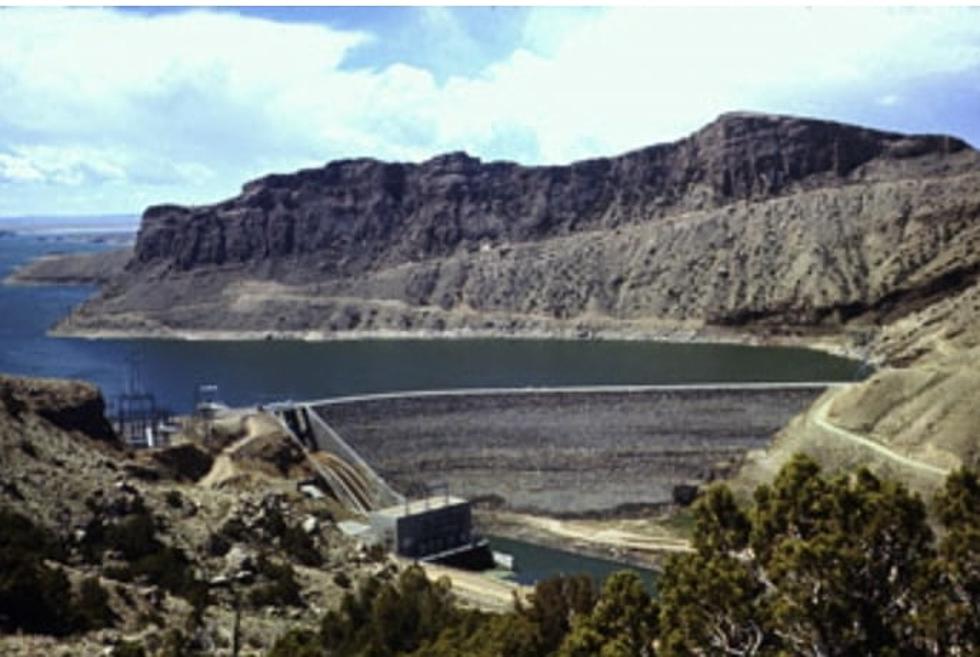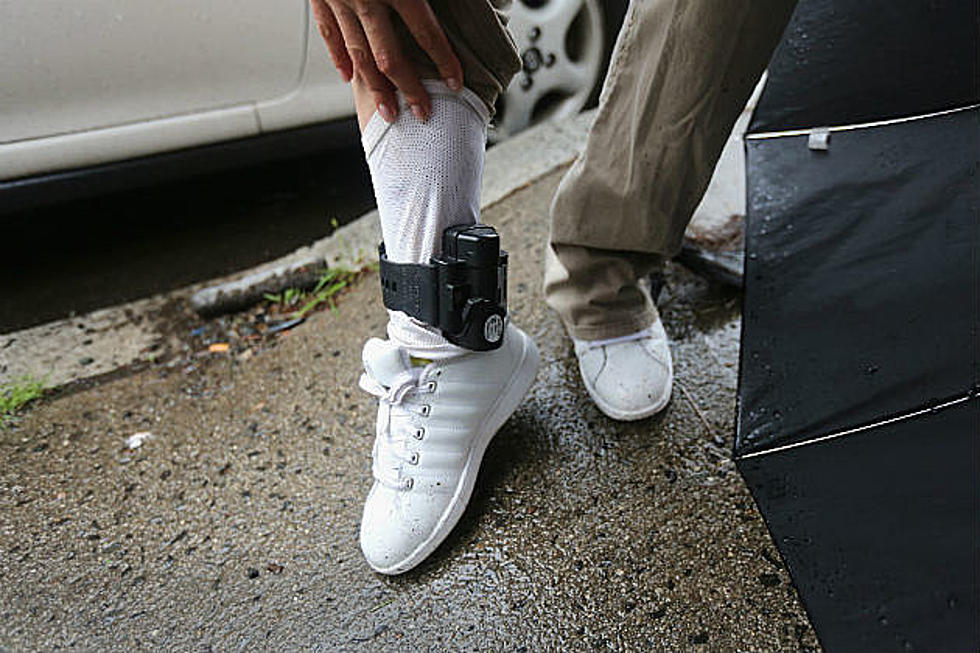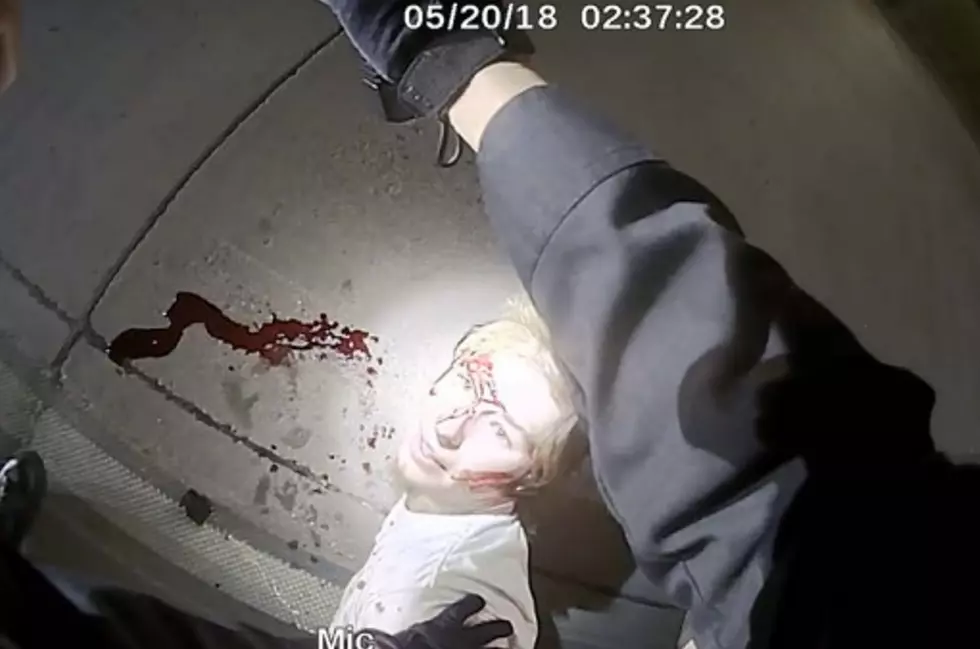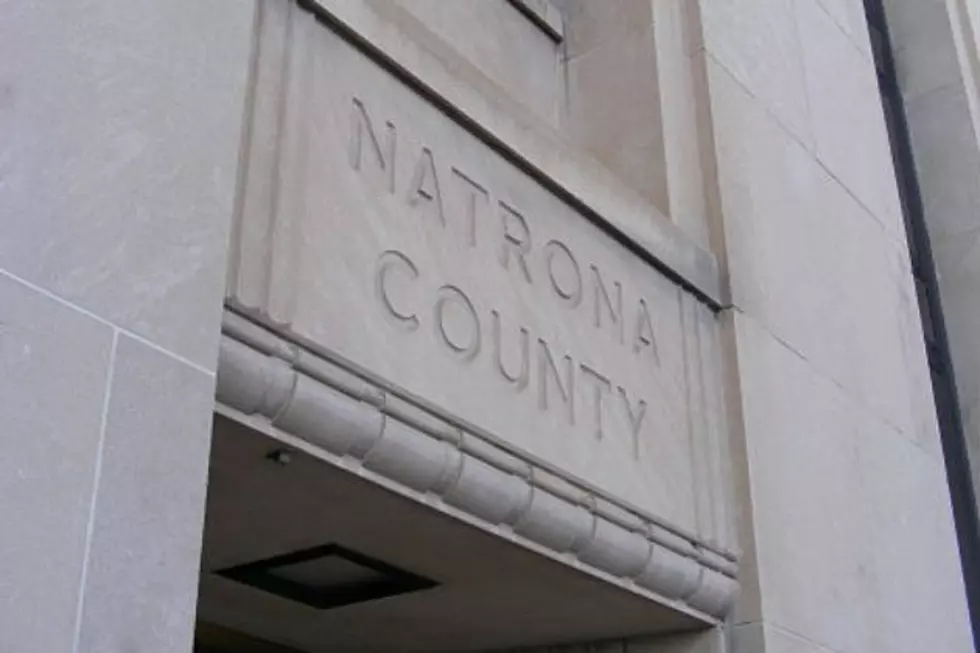
Planning Organization Offers Evansville Access Alternatives
Entering and exiting Evansville could be egregious.
About 3,000 people live in the growing community, and they have faced an access issue for years.
"Their only way in and out of town is to cross the railroad tracks at some point, whether that's on Western, Curtis or Evans Street," Casper area Metropolitan Planning Organization manager Andrew Nelson said Thursday.
"All three of them at some point in the day are going to be blocked by a train," Nelson said. "There's usually six to 12 trains that cross there during the day, and thankfully we haven't had a major catastrophic incident."
But as underscored by the recent Station Fire that burned over nearly 10,000 acres north and east of the landlocked town, access could be a matter of life and death, he said.
"What would happen if a train derailed, or what would happen if there was a chemical spill, or what if the train simply got stuck and couldn't move for 40 minutes? What if there was an emergency -- you couldn't get emergency services in or out of town."
Nelson has found discussions of this problem dating to 1982, and those discussions over the decades have lead to the MPO's study of alternate routes with the help of Christopher Sheffer of the Denver office of Jacobs, a Pasadena, Calif.-based construction services company. Assisting in that effort have included officials with the Town of Evansville, Knife River, the Wyoming Department of Transportation, the U.S. Veterans Administration, and the Wyoming Military Department.
Nelson and Sheffer presented the three best of 10 access alternatives at a meeting in the Evansville Community Center, and asked for public comment. Comments may be made to the MPO.
All of them require a bridge across the North Platte River and a road east to Metro Road. All of them take into account costs, future traffic volumes, conflicts with utilities and pipelines, rights of way, environmental impacts, and jurdisdictional issues with the town and state and federal government agencies.
- A route through the property owned by Knife River, which is outside Evansville town limits. It's estimated cost would be between $6.0 million and $6.5 million, and would require the construction of a bridge. It would offer the shortest route from the town to the Wyoming Medical Center.
- A parallel route east of this one, extending Platte Park Road north. This would be within the town, but would require a more expensive bridge -- between $8.5 million and $9.0 million -- because of the terrain north of the river.
- A route using the existing Cemetery Road bridge and building a road with a steep 7 percent grade. This would be the longest route from the town to Metro Road and the hospital, but it would cost much less -- between $3.8 million and $4.3 million -- than the other alternatives.
Despite the much lower cost and the use of an existing bridge, Nelson and Sheffer said the latter alternative poses a serious problem.
The federal Veterans Administration partially paid for the cemetery, the bridge and the road. The VA demanded the road and bridge be used only for the cemetery so it remains a quiet place, Nelson said. The federal government owns Cemetery Road north of Fifth Street.
The latter alternative would require either the purchase of the bridge, estimated at $700,000, or possibly the federal government giving it -- maybe with strings attached -- to Evansville, Sheffer and Nelson said. The town and MPO already have been talking with the Wyoming Military Department, but future negotiations could be tough.
It also would require the road to Metro Road be as far away as possible from the cemetery, they said.
A lesser, but significant issue would require engineering and building the road immediately south of major pipelines in the area, they added.
The MPO intends to issue its final report in January, Nelson said.
More From K2 Radio








